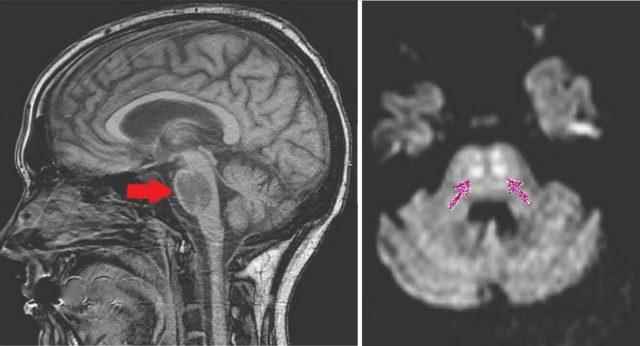The death of Bruce Lee, who died in Hong Kong at the age of 32 in 1973, left his fans in mourning. The successful fight scenes in the films of the actor, who are quite popular, were attracting attention. Bruce Lee, who successfully completed the fight scenes, was thought to be very healthy. His sudden death shocked the world. An autopsy performed at the time showed that Bruce died of brain swelling, and doctors accused him of taking painkillers.
His untimely death sparked rumors that he was killed by Chinese gangsters, poisoned by a jealous lover, or the victim of a curse. Another theory was that he died of heatstroke. Now researchers have reviewed the evidence to decide that Bruce probably died of hyponatremia.
CAUSES CELLS IN THE BODY TO SWEAT

“In other words, we suggest that the kidney failure killed Bruce Lee,” he wrote in the Clinical Kidney Journal. Hyponatremia means that the level of sodium in the blood, which your body needs for fluid balance, is abnormally low. An imbalance causes cells in the body, including those in the brain, to swell.
HIS HABITS LEAD TO DEATH
The study claims Bruce has multiple risk factors for hyponatremia; These include drinking large amounts of fluids, using marijuana to increase thirst, as well as other factors that reduce the ability of the kidneys, such as the use of prescription drugs and alcohol.

His wife, Linda, revealed that Bruce followed a liquid-based diet of carrots and applesauce until his death. “This can lead to hyponatremia, cerebral edema (brain swelling) and death within hours if excessive water intake is not matched by urinary water excretion, in accordance with the timeline of Lee’s death.” The researchers warn that while drinking water is a ‘very mundane activity’, it can have deadly effects.
WHAT IS HYPONATREMIA?

Hyponatremia is excess fluid or sodium deficiency (for example, due to vomiting and diarrhea), or water intake greater than excretion. Hyponatremia is excess fluid or sodium deficiency (for example, due to vomiting and diarrhea), or water intake greater than excretion.
WHAT ARE THE SYMPTOMS OF HYPONATREMIA?

- Weakness
- Headache
- Tiredness
- Vomiting
- Nausea
- clouding of consciousness
- Irritability
severe symptoms;

- overactive reflexes
- seizures
- Loss of consciousness
- Coma
- Dead in the most severe cases
HOW TO PREVENT HYPONATREMIA?

- Keep your water and electrolyte levels as balanced as possible.
- If you are an athlete, try to drink the right amount of water during exercise.
- Make sure you stay hydrated throughout the day.
- Increase your fluid intake in cases such as hot weather, diarrhea, pregnancy, breastfeeding, fever.
